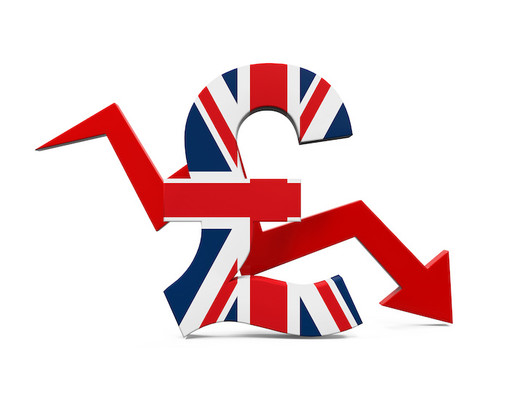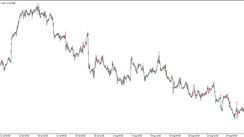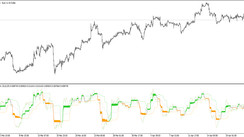The recent year for the pound was one of the worst ever. The pound was only an inch away from parity with the USD in 2022 due to the efforts of 3 prime ministers, 4 ministers of finance, and one disastrous budget. The currency saw a roller-coaster ride throughout the year as political unrest enveloped the UK. But in September, when the government's risky tax giveaway plan backfired, and traders abandoned pound and UK bonds, everything shifted into overdrive. The BOE was obliged to step in to stop a crash in the gilt market.
GBP was being contrasted to an emerging-market currency as the turmoil increased, and the UK's long-standing confidence on global markets was eroding. Even with its darkest past, it appears to be destined to stay weak as the nation starts an urgent economic repair task. A record low of $1.035 was reached on September 26 for the pound, which had started the year at $1.35, just days after the dismal mini-budget. Liz Truss was compelled to resign as prime minister due to the government's decision to reverse course due to the ripple effects through the currency and bond markets.
The pound has gained some ground when Rishi Sunak, a new leader, began a more austere budgetary policy. Although it is currently trading between $1.20 and $1.23, well above the lifetime low set in September, its horrendous year has left it broken and bruised. Additionally, the UK continues to experience long-term imbalances and modest economic expansion, which will restrict sterling's potential gains.
The anticipated new range maintains the currency's long-term downward trend. To extend your presence to the UK, you must persuade the global investor of the value opportunity. Given that the UK depends on foreign money to cover its current account deficit, international investors see the country as vital. The UK has been living over its means for a long time, keeping little in savings and turning to foreign lenders to meet its borrowing demands. This has been a persistent danger for its money and assets, which may depreciate if confidence is lowered, as it was following Truss's mini-budget. By raising exports and lowering imports, the lower pound can also aid in balancing supply and demand.
Pound is still down roughly 10% ever since conclusion of 2021, despite the recent recovery. Only the years of the Brexit referendum, the 2008 financial crisis, and Black Wednesday in 1992 rank lower among its worst ever results. Investors have shied away from this year's volatility, and raising interest rates may be necessary to entice them back. It begs the question of whether UK interest rates can increase high enough to adequately reward investors for such instability without hurting economic growth. Brexit, which increased trade tensions with the European Union, left the labor market understaffed, and hampered company investment, is closely tied to the growth picture. This has been made worse by skyrocketing inflation, swiftly rising interest rates, and a slump in the property market.





